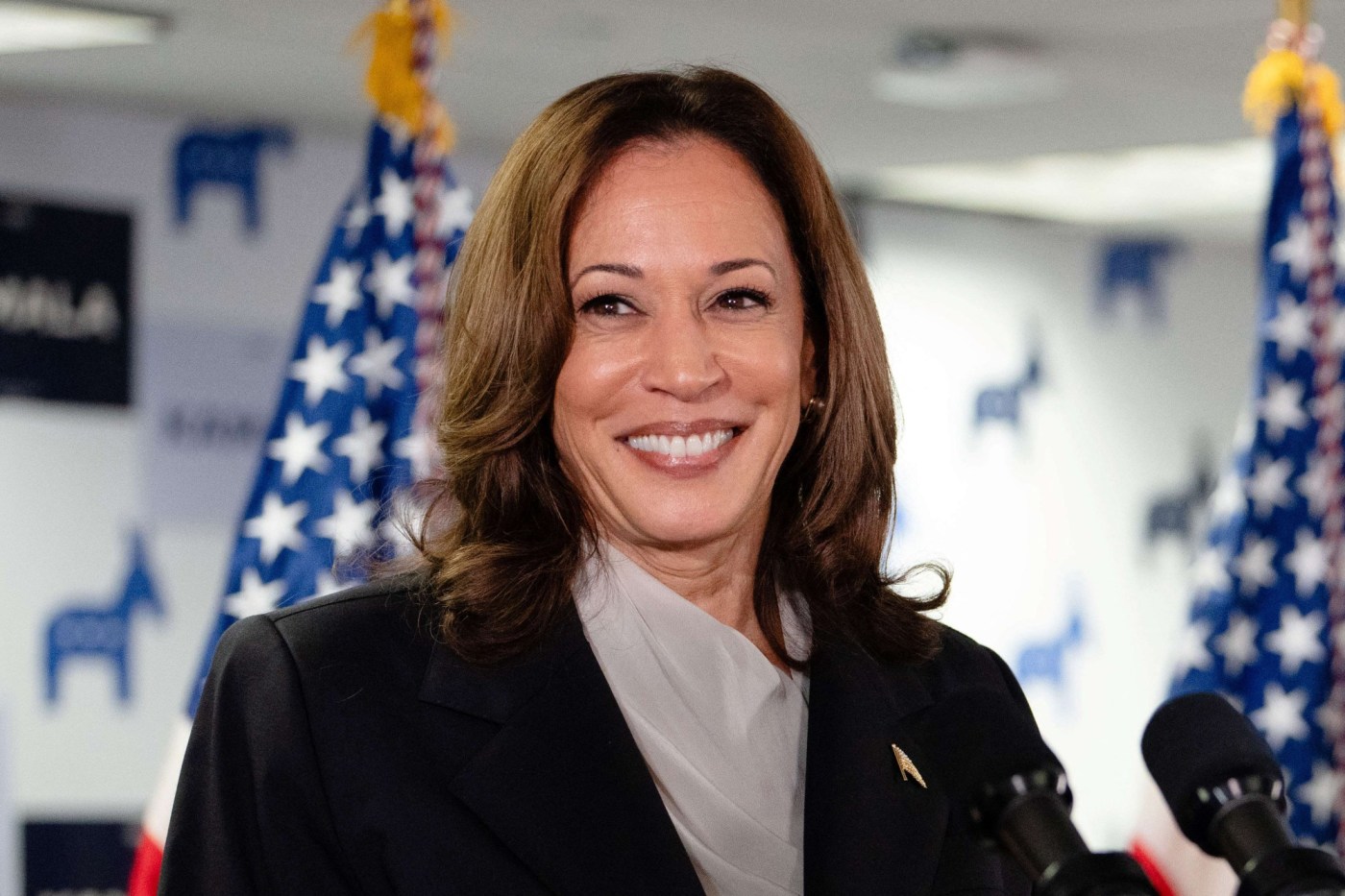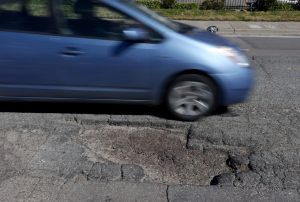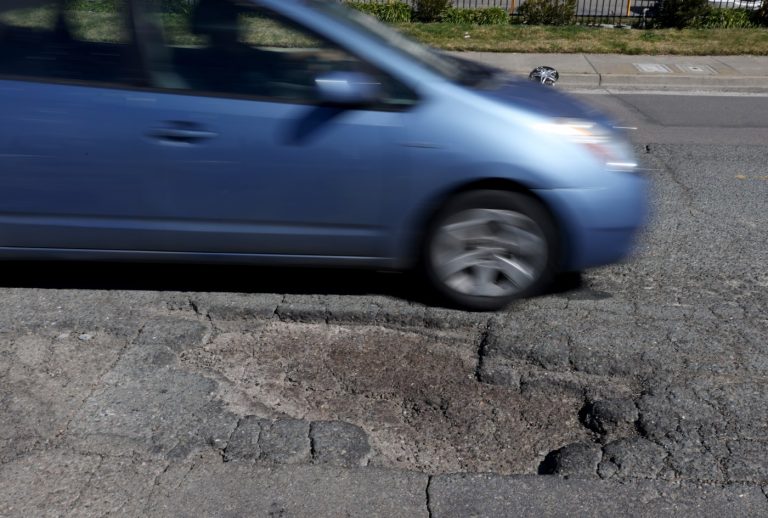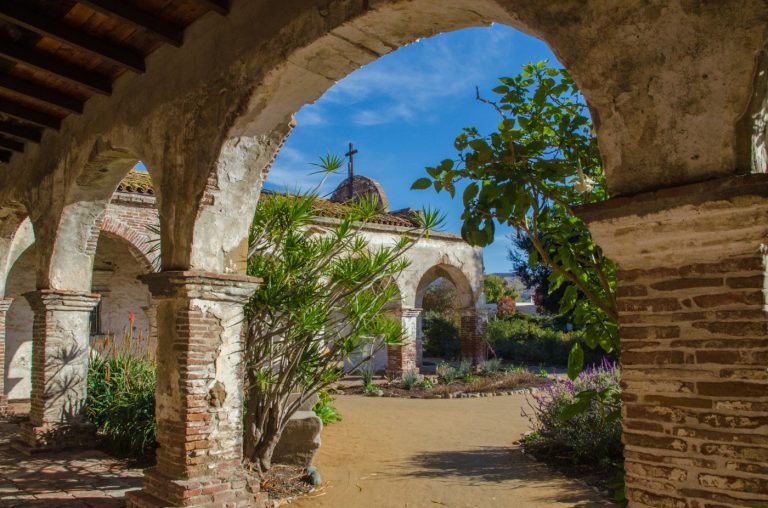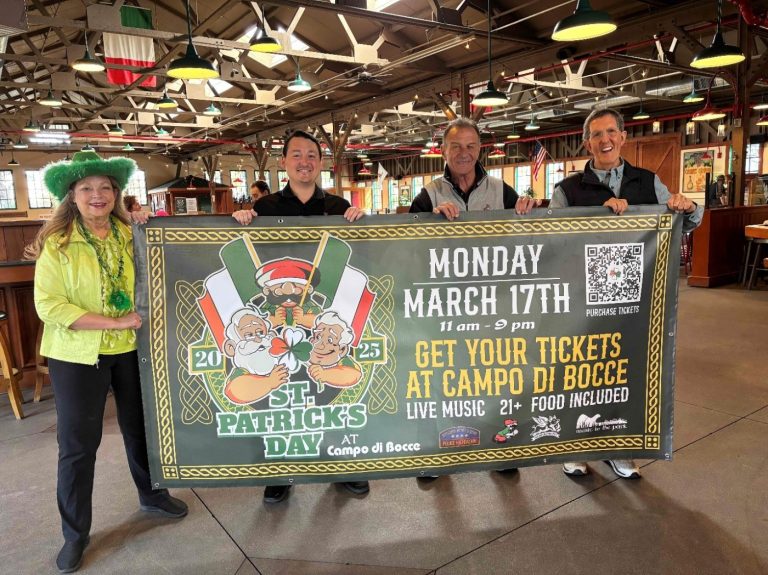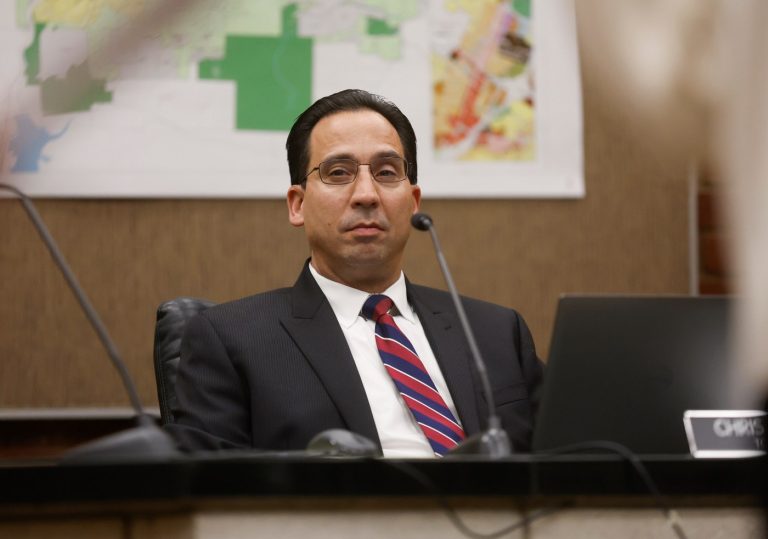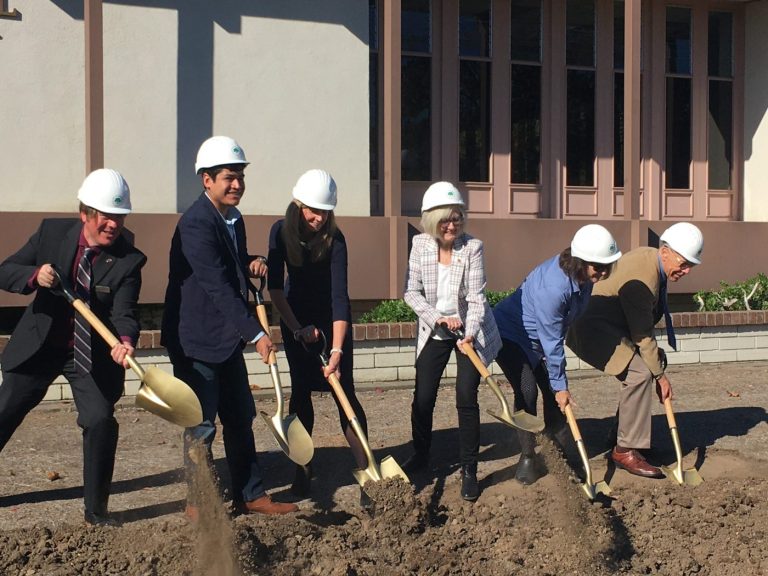President Joe Biden’s heeding of overwhelming pressure from within his own Democratic Party by quitting his reelection race and backing Vice President Kamala Harris to succeed him ended with California becoming decisive in presidential politics for the first time since 1972. Call the state a queen-maker now, as Harris needed less than two days to cement her party’s nomination via California’s votes.
Related Articles
Elias: Trump a victim of gun policies, rhetoric he has supported
Elias: California wildfire smoke’s fatal effects raise liability questions
Elias: Biden’s mental condition puts Harris, Newsom potentially at odds
This came more than 50 years after a June 1972 California primary race in which South Dakota Sen. George McGovern easily beat Maine’s Edmund Muskie and Minnesota’s Hubert Humphrey to earn that year’s Democratic nomination to run against Richard Nixon.
Since then, California has been little more than a political moneybag when it comes to picking presidents, with candidates from both parties raising vast sums of campaign cash in homes and halls from San Francisco to the BelAir and Brentwood districts of Los Angeles to Newport Beach and San Diego.
Not this time. Harris — who has never overwhelmed voters within her own party or among the general California electorate — quickly clinched a first-ballot nomination at the August Democratic convention when she won all 494 California votes in telephone tabulating, putting her over the delegate count of 2,112 needed to nominate the potential next president.
On that vote, party leaders and elected officials who are automatic delegates to the Chicago convention, aka “superdelegates,” could not vote. Still, Californians cast more than 20% of the 2,112 votes needed to put the nomination out of reach for anyone else.
Had this gone to a second ballot or beyond, the state’s 55 superdelegates, including mayors like Karen Bass of Los Angeles and state officials like Attorney General Rob Bonta, would have been added and given the state 549 votes, well over one-fifth of what was needed. That left one big question: Who might Harris choose for a running mate?
Folks like Michigan Gov. Gretchen Whitmer, Illinois Gov. J.B. Pritzker, Kentucky Gov. Andy Beshear and Arizona’s U.S. Sen. Mark Kelly may not say they are seeking the job, but now that Harris has demonstrated where the vice presidency can take its occupant, bet on any of them accepting the running mate slot if it’s offered.
That nominee almost certainly won’t be Newsom, whose career hails not merely from the same state as Harris but from the same city. That’s San Francisco, where Harris was district attorney and Newsom the mayor. Many contend the Constitution forbids filling both ends of a national ticket with people from the same state.
A more important question may be this: Among the current list of possibilities, who could best help Harris beat former President Donald Trump and his Republican running mate, Ohio’s U.S. Sen. J.D. Vance? With them in mind, perhaps a swing-state Midwesterner or a southerner like Beshear or North Carolina’s Gov. Roy Cooper could better fill the bill.
For sure, a likely debate or two between Harris and Trump will be very different from the June 27 Trump-Biden encounter, which eventually drove Biden into retirement.
Harris, the former prosecutor, was known for her tough questioning in Senate hearings. She would never let Trump escape unscathed with lies like his claim that some Democrat-run states allow babies to be killed just after their birth. That’s murder everywhere. The impaired Biden did not respond at all to that claim, nor to Trump’s 30-odd other lies during their debate. If Harris did take on a prosecutorial tone, though, would it appeal to voters?
Meanwhile, a wild card in current lists of vice presidential possibilities is Kelly, the husband of Gabby Giffords, herself an assassination target who suffered far more serious damage from her shooting than Trump’s spectacularly bloodied ear. A former astronaut, Kelly also carries some of the celebrity status that helps propel Trump.
Harris likely won’t put that question to a convention vote, but if she does, California’s clout will rest on delegation unity like what was shown in the presidential phone vote. One thing is for sure: The more doubt remaining about any Democratic choices for the campaign in early August, the greater California’s influence could be — putting this state in a position many here have long coveted.
Email Thomas Elias at tdelias@aol.com, and read more of his columns online at californiafocus.net.
